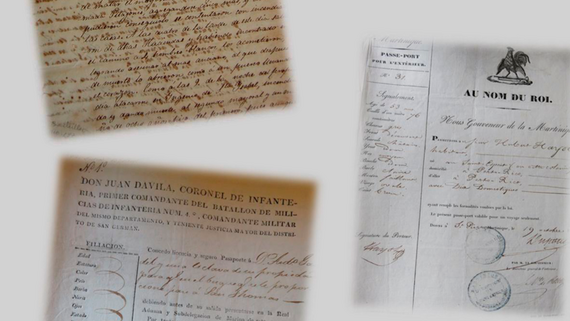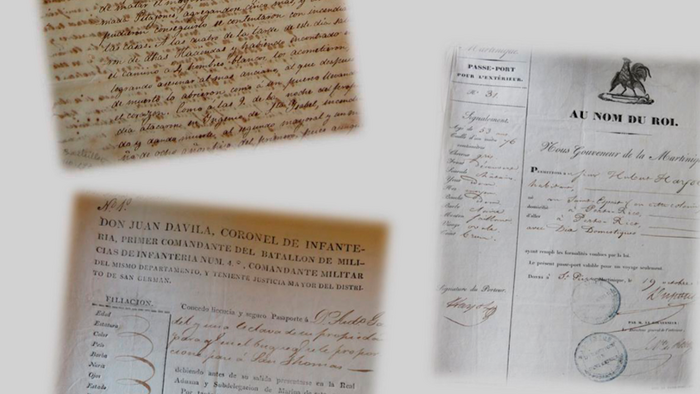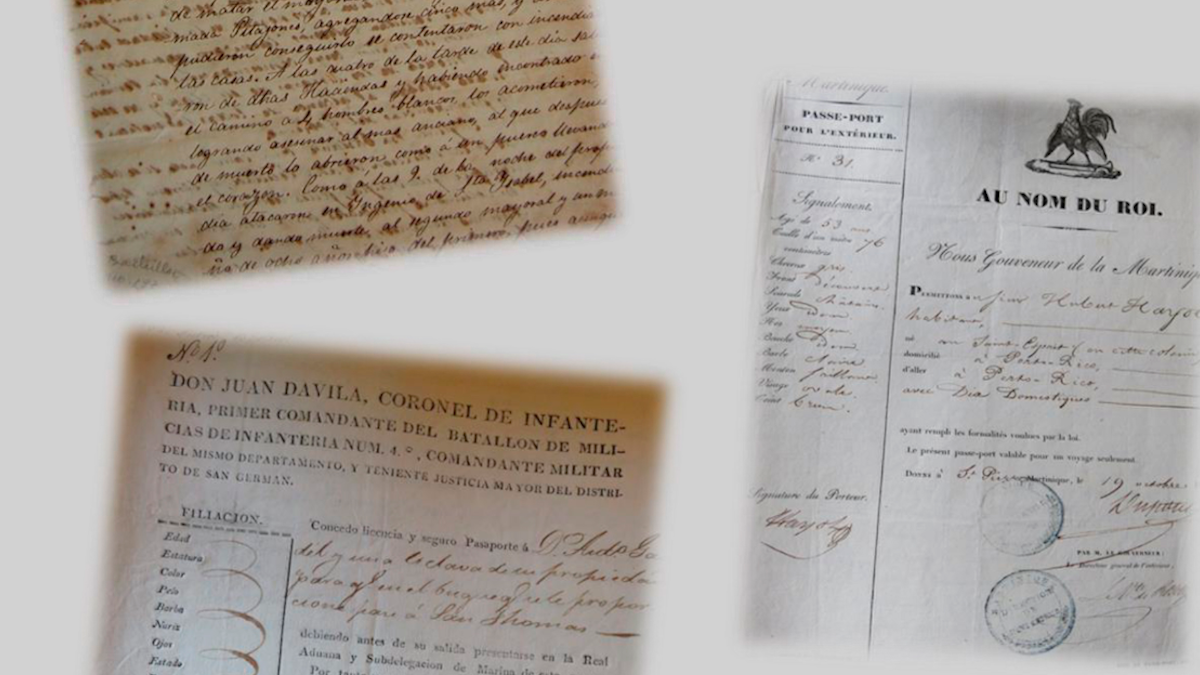ConnecCaribbean/Connected Worlds
The Caribbean, Origin of the Modern World


 ©
ConnecCaribbean - Connected Worlds
©
ConnecCaribbean - Connected Worlds
Funding: European Union Horizon/ MSCA
Participants: : Prof. Dr. Christine Hatzky, PD Dr. Ulrike Schmieder, Vanessa Ohlraun, M.A. (Latin American History, History Department), as well as Natascha Rempel, M.A. (Romanic Literature Cultural Studies, Institute of Romance Languages)
In cooperation with PD Dr. Ulrike Schmieder (History Department), Vanessa Ohlraun, M.A. (History Department) and Natascha Rempel M.A. (Institute of Romance Languages), Prof. Dr. Christine Hatzky (History Department) participates as project leader in the international and interdisciplinary joint project “ConnecCaribbean”. Since January 2019, this project is funded for four years with a sum of 1.9 Million Euros.
The project title “Connected Worlds: The Caribbean, Origin of the Modern World” points out the Caribbean as a geopolitical space which is manifoldly interlinked within but also beyond the Atlantic World. Through an abundance of activities and guest residences, this project offers the opportunity for international scientifical networking: 84 professors and researchers in the field of Caribbean Studies from 15 different universities are involved.
In Europe
Spain: Agencia Estatal del Consejo Superior de Investigaciones Científicas (CISC), Madrid (project coordination); Universidad Pablo de Olavide, Sevilla; Universidad de Sevilla; Ediciones Doce Calles, Madrid;
Germany: Leibniz Universität Hannover
France: IHEAL-Université Sorbonne Nouvelle, Paris
Italy: Università Cattolica del Sacro Cuore, Milan
In Latin America and the Caribbean
Dominican Republic: Centro de Estudios Caribeño-Pontificia Universidad Católica Madre y Maestra, Santo Domingo
Cuba: Academia de la Historia de Cuba, La Habana
Costa Rica: Centro de Investigaciones Históricas de América Central (CIHAC)-Universidad de Costa Rica, San José
Colombia: Universidad del Norte, Barranquilla; Universidad Nacional del Magdalena, Santa Marta
Puerto Rico: Universidad del Turabo-SUAGM, Gurabo
Chile: Departamento de Literatura, Centro de Estudios Culturales Latinoamericanos (CECLA)-Universidad de Chile, Ñuñoa
France: Laboratoire Caribéen de Sciences Sociales - Université des Antilles, Martinique.
The researchers involved in ConnecCaribbean study the connections between the Caribbean, Europe and Latin America. With a interdisciplinary and transregional approach, they work on topics which shape the Atlantic World since 1492 and understand the region as a junction connecting different worlds. The region is characterised by its ethnic diversity in post-emancipation societies and its intrinsic racism, by the impact of imperial politics, which also produced a resistance culture, and by its intense circulation of knowledge and pictures within and beyond the regional boundaries.
In the colonial period, as the Caribbean was dominated by European authorities, the region was – though far from the political centres of power of the mother countries –, through the cultivation of sugar, coffee, cocoa and indigo, a significant driving force for a new, capitalistic economic framework. The wealth of this new economic framework was based on slavery, on land ownership and capital in Europe, as well as on profitable transatlantic trade. Therefore, the origins of our modern world are to be placed in the Caribbean.
But European expansion and colonialism are also to be placed at the beginning of the formation of new cultures, new ways of life and new identities: over the course of the centuries, Europeans met indigenous people and brought Africans and Asians into the region. As a result, a variety of different impulses and forces and a variety of agents with different concerns was formed. This diversity coined the economic, political, social and cultural relations between the different islands and with the continental mainland, from the Guyanas to the Mexican peninsula of Yucatan and Florida, through the isthmus of Panama to the pacific coast of Colombia and Ecuador. Until today, the Caribbean is tightly integrated into the framework of the American continent, Europe and the rest of the world.
Over the course of the next four years, the Centre for Atlantic and Global Studies (CAGS) will welcome guest scientists from Costa Rica, Chile, Colombia and the Dominican Republic. Together, ideas and scientific approaches will be developed and discussed and new joint projects will be drawn up.
Further information about the project can be found here.
A video with a description of the project in Spanish is provided below.
Please note that activating the video will result in the transfer of data to the respective provider. Further information can be found in our privacy policy.
Play video

